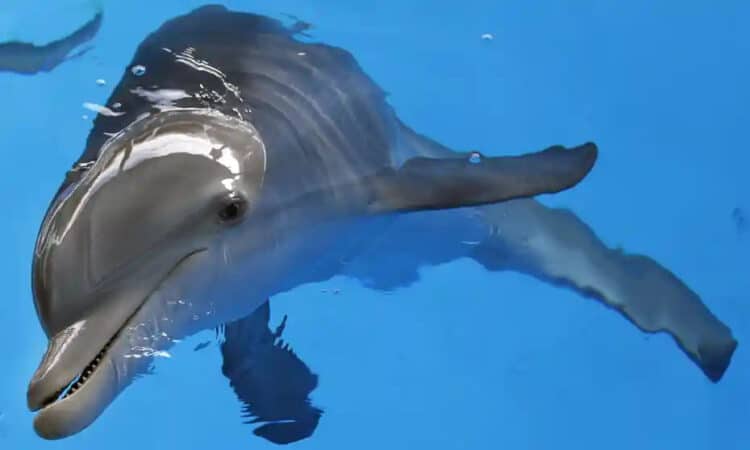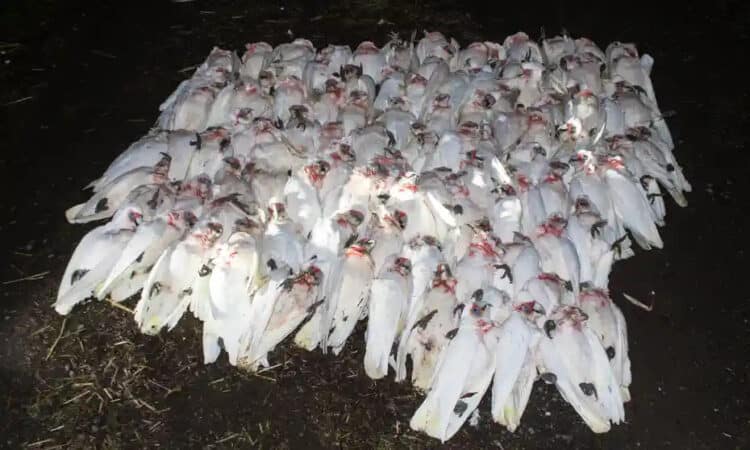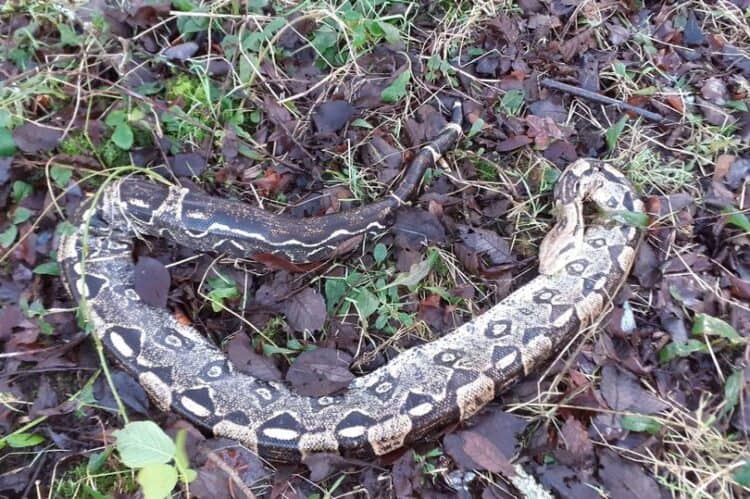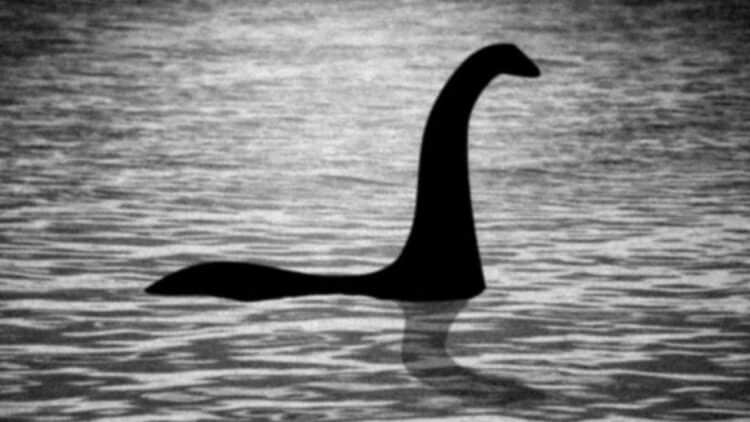
Marine Harvest, one of the world’s largest fish-farming companies, is under investigation after its salmon farms polluted a Scottish loch with toxic pesticide residues hundreds of times above environmental limits.
Sampling tests around salmon cages on Loch Shell in the Outer Hebrides by the Scottish Environment Protection Agency (Sepa) found that levels of Teflubenzuron, used to kill sea lice parasites which affect hundreds of thousands of caged fish each year, were up to 450 times higher than recommended levels.
The agency could now cut back Marine Harvest’s operations on Loch Shell where the firm has three fish farms, including one which was already under Sepa investigation, after it launched a review of its operations there.
Sepa’s tests, carried out in 2012, found that Teflubenzuron levels were well above the recommended limits at 20 of the 21 sediment sampling sites on the loch, suggesting long-term problems with its treatment regime there.
There were Teflubenzuron samples showing readings 150, 200 and 250 times above the 2 microgram per kilogramme limit, at least 100m from the edge of the salmon cages. Residue levels for two other anti-sea lice chemicals, Emamectin and Deltamethrin, were also breaching limits on Loch Shell, which on the east coast of Lewis south of Stornoway.
Sepa said its tests in several areas heavily used for fish farming, including Shetland, Orkney, Loch Fyne and Firth of Lorne in Argyll, and sites in Wester Ross, found chemical levels breaching its recommended limits at 72 sampling sites, nearly a tenth of the 792 sites it tested.
These results have again raised anxieties among environment and anti-fish farm campaigners that the farms can have a major impact on sea life and marine habitats as operators take aggressive steps to cope with sea lice infestation and infectious diseases.
The pesticides are designed to attack the nervous systems and outer shells of the sea lice. But they are also lethal or toxic to other marine species, chiefly prawns and lobsters, and other crustaceans, but also other bird, fish and mammal species.
Lang Banks, director of WWF Scotland, said: “The fact that the limits have been breached so spectacularly at some locations is deeply worrying and suggests something has gone badly wrong. It’s simply unacceptable that entire lochs be put at risk in this way. It also begins to raise questions over the industries approach to tackling sea lice problems.”
Don Staniford, the anti-fish farming campaigner who has investigated Sepa’s monitoring data, tabling a series of detailed Freedom of Information requests, was more blunt. He said salmon farming was a “malignant cancer”.
“Sepa’s statutory duty is to stop companies such as Marine Harvest using Scottish waters as a toxic toilet and dumping ground for chemical contaminants,” he said. “Yet Sepa has shamefully opened the floodgates to the use of a cocktail of chemicals. Shame on Scottish salmon farming and shame on Sepa.”
Steve Bracken, business support manager for Marine Harvest Scotland, said the findings at Loch Shell were “unusual” and suggested their modelling for tides and currents on Loch Shell, which normally disperse and dilute chemicals, was inaccurate.
He confirmed the pesticides were used to tackle a sea lice infestation, and admitted its efforts were not very successful: it had to harvest the fish early and close the site down for nine months to tackle the sea lice. He insisted that Marine Harvest took its environmental duties seriously, and were trying to find more natural techniques for tackling sea lice, including using the fish wrasse, which eat sea lice, in salmon cages.
“We are deeply disappointed by the results in Loch Shell as we take our commitment to the environment very seriously,” he said.
“We are in discussions with Sepa to try and understand the reason for these results, which are very much outside the norm, in order to ensure they don’t happen again.”
This article was written by Severin Carrell for The Guardian and re-posted on Focusing on Wildlife.







Leave a Reply